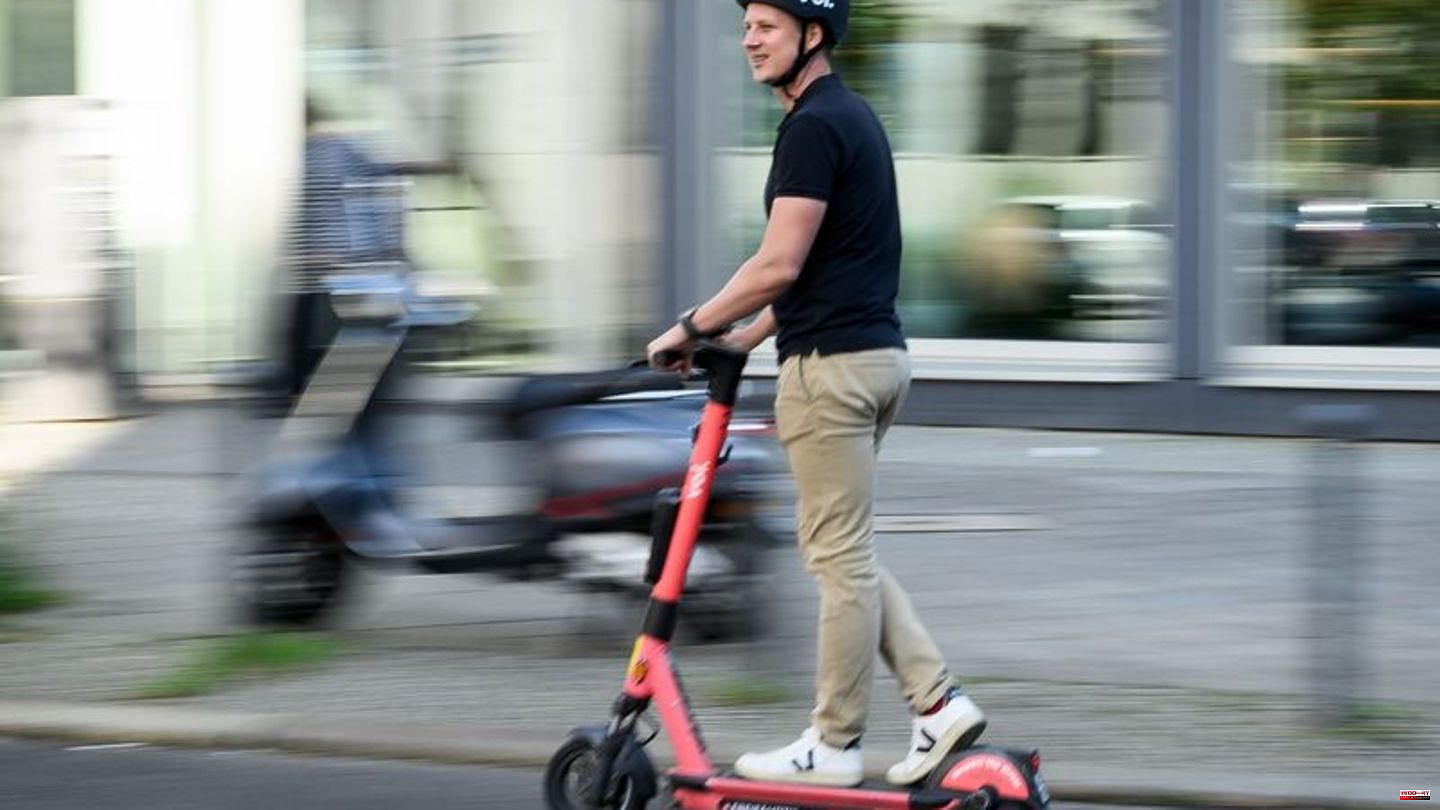The German boss of the Swedish e-scooter provider Voi, Stephan Boelte, does not expect bans in Germany like those recently in Paris for the controversial sharing vehicles. “We don’t expect a second Paris in Germany,” Boelte told the German Press Agency. The legal situation is fundamentally different than in France. "Even if you talk to the cities, that's not where they want to go. We're experiencing a high level of willingness to cooperate."
Rather, the cities and municipalities in Germany are concerned with sensible regulation of e-scooters, which are still often carelessly parked by many users, block paths or end up in rivers. Voi is a clear supporter of regulations, emphasized Boelte. “We are happy to support cities in finding compatible solutions for everyone.” In addition, the industry continues to have a duty to “drive forward significant improvements”. Voi itself already charges fees if the vehicles are repeatedly parked improperly.
In Paris, the city administration banned e-scooters in principle after a majority of participants in a vote in the spring spoke out in favor of such a measure. The e-scooter providers criticize, however, that turnout was extremely low due to fewer polling stations and that the result cannot therefore be viewed as representative of the opinion of the entire population.
Storage space is missing in some places
In fact, things have already changed for the better in recent years, said Boelte. “If you compare it to four or five years ago, the picture is completely different,” said the Voi manager. An important solution was sufficient parking space for the scooters. “One or two German cities are still missing.” Berlin could be cited as a role model here. The Berlin public transport company is allocating more and more space for its so-called Jelbi stations, especially at subway and S-Bahn stations, where passengers can change to scooters, rental bikes or local public transport.
From Boelte's perspective, the consolidation of the e-scooter industry is not yet complete. Several providers have already withdrawn from the German market. Others, like Berlin competitor Tier, had to cut numerous jobs.
“This is a trend that will continue in Germany,” said Boelte. When asked, he did not comment on media reports that Voi is currently negotiating a merger with its competitor Tier. The manager, meanwhile, stressed that Voi would pursue potential mergers or acquisitions from a position of strength. “If we potentially go into these conversations, we see ourselves as a company that acquires other companies and not the other way around,” he said.







